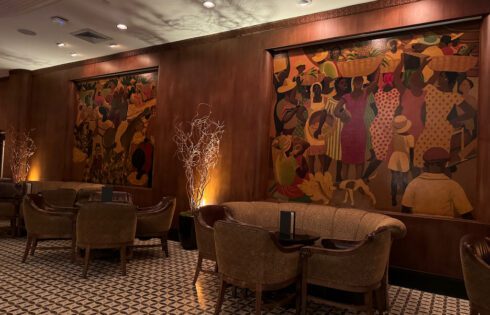
Review: Sazarac Bar at the Roosevelt Hotel
Even though I don’t drink, I’m always on the lookout for historic bars when I travel as there’s just something fun about visiting these spots. So when I recently stayed

Even though I don’t drink, I’m always on the lookout for historic bars when I travel as there’s just something fun about visiting these spots. So when I recently stayed
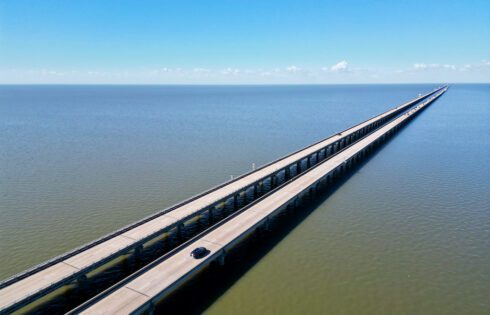
There’s a lot of good day trips out of New Orleans and one of my favorite ones is a trip across the Lake Pontchartrain Causeway. It’s the longest overwater bridge
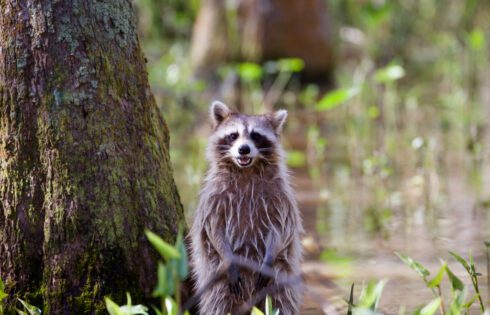
Exploring a Louisiana swamp had been a long-standing travel goal for us, and finally, the chance arose during our stay in New Orleans. We opted for the Cajun Encounters Tour
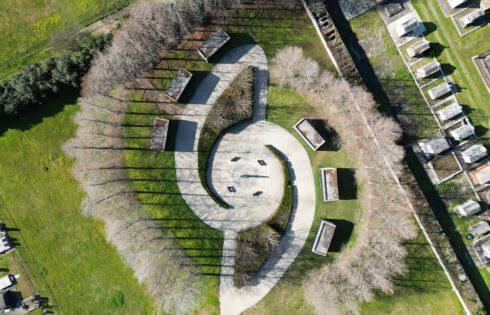
If you’re visiting New Orleans, chances are Hurricane Katrina will be top of mind at some point. One place I recommend visiting is the Hurricane Katrina Memorial, where you can
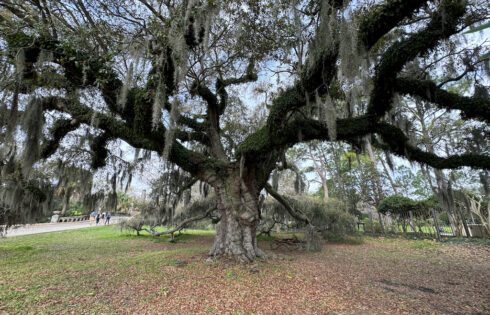
For generations, the Dueling Oaks in New Orleans served as the epicenter of dueling, becoming an emblematic battleground in Louisiana’s rich history. Exploring the historical backdrop of this iconic site
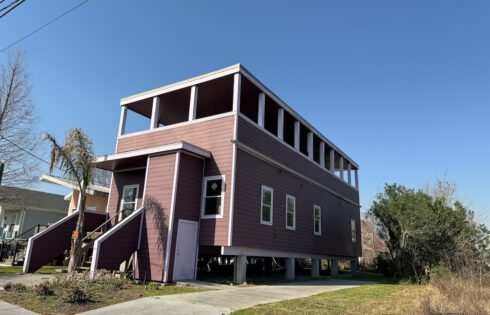
On August 29, 2005, Hurricane Katrina made landfall just east of New Orleans and became one of the most deadly hurricanes to ever hit the U.S. and the costliest natural
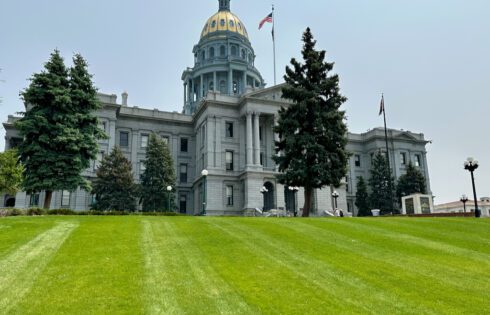
After researching a lot into the geography of Colorado, I was a little bit surprised to find out that there were questions out there regarding its status as a Midwest
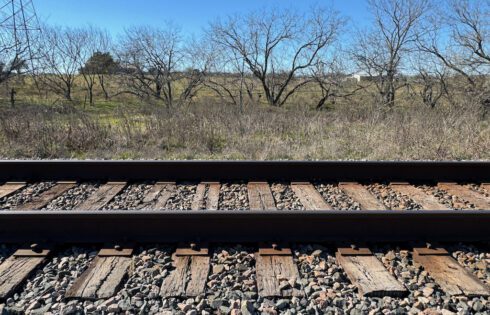
Certain historical events carry an irresistible intrigue, providing a glimpse into a bygone era where different rules and a sense of wild unpredictability prevailed. The Crash at Crush Texas stands
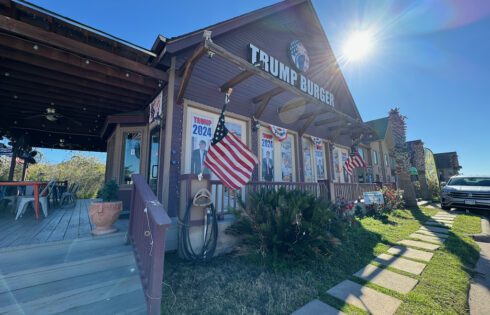
Trump Burger has turned into a must-visit spot for fans of the former president. Situated in Belleville, Texas, just an hour’s drive northwest of Houston, it sits right in the
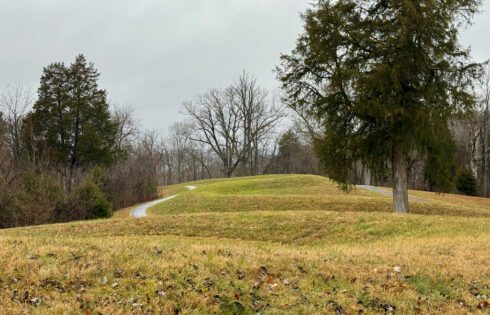
For quite some time, Great Serpent Mound has held a coveted spot on my bucket list. I’ve been fascinated with ancient cultures and to me Serpent Mound has represented one
| Cookie | Duration | Description |
|---|---|---|
| cookielawinfo-checkbox-analytics | 11 months | This cookie is set by GDPR Cookie Consent plugin. The cookie is used to store the user consent for the cookies in the category "Analytics". |
| cookielawinfo-checkbox-functional | 11 months | The cookie is set by GDPR cookie consent to record the user consent for the cookies in the category "Functional". |
| cookielawinfo-checkbox-necessary | 11 months | This cookie is set by GDPR Cookie Consent plugin. The cookies is used to store the user consent for the cookies in the category "Necessary". |
| cookielawinfo-checkbox-others | 11 months | This cookie is set by GDPR Cookie Consent plugin. The cookie is used to store the user consent for the cookies in the category "Other. |
| cookielawinfo-checkbox-performance | 11 months | This cookie is set by GDPR Cookie Consent plugin. The cookie is used to store the user consent for the cookies in the category "Performance". |
| viewed_cookie_policy | 11 months | The cookie is set by the GDPR Cookie Consent plugin and is used to store whether or not user has consented to the use of cookies. It does not store any personal data. |
